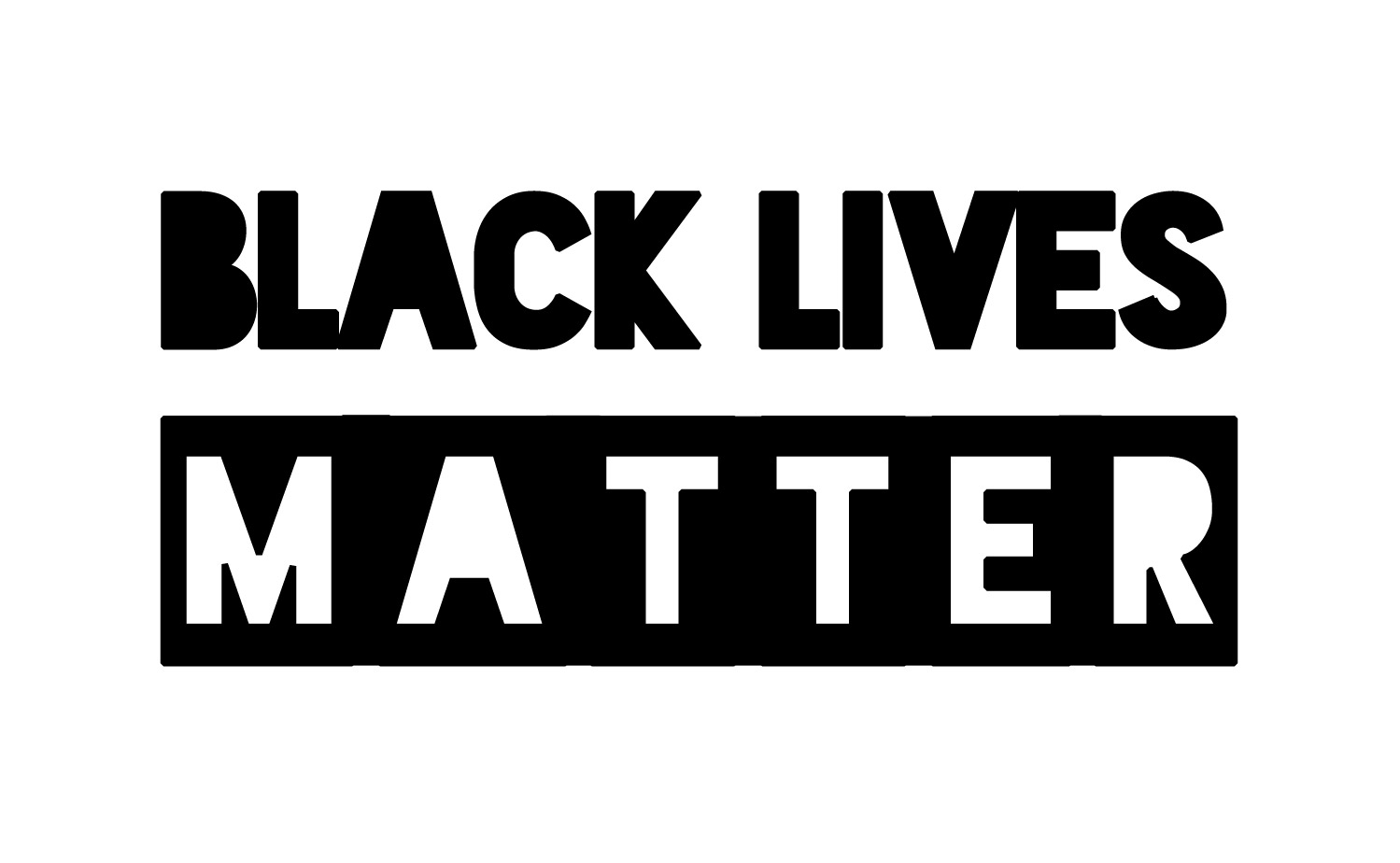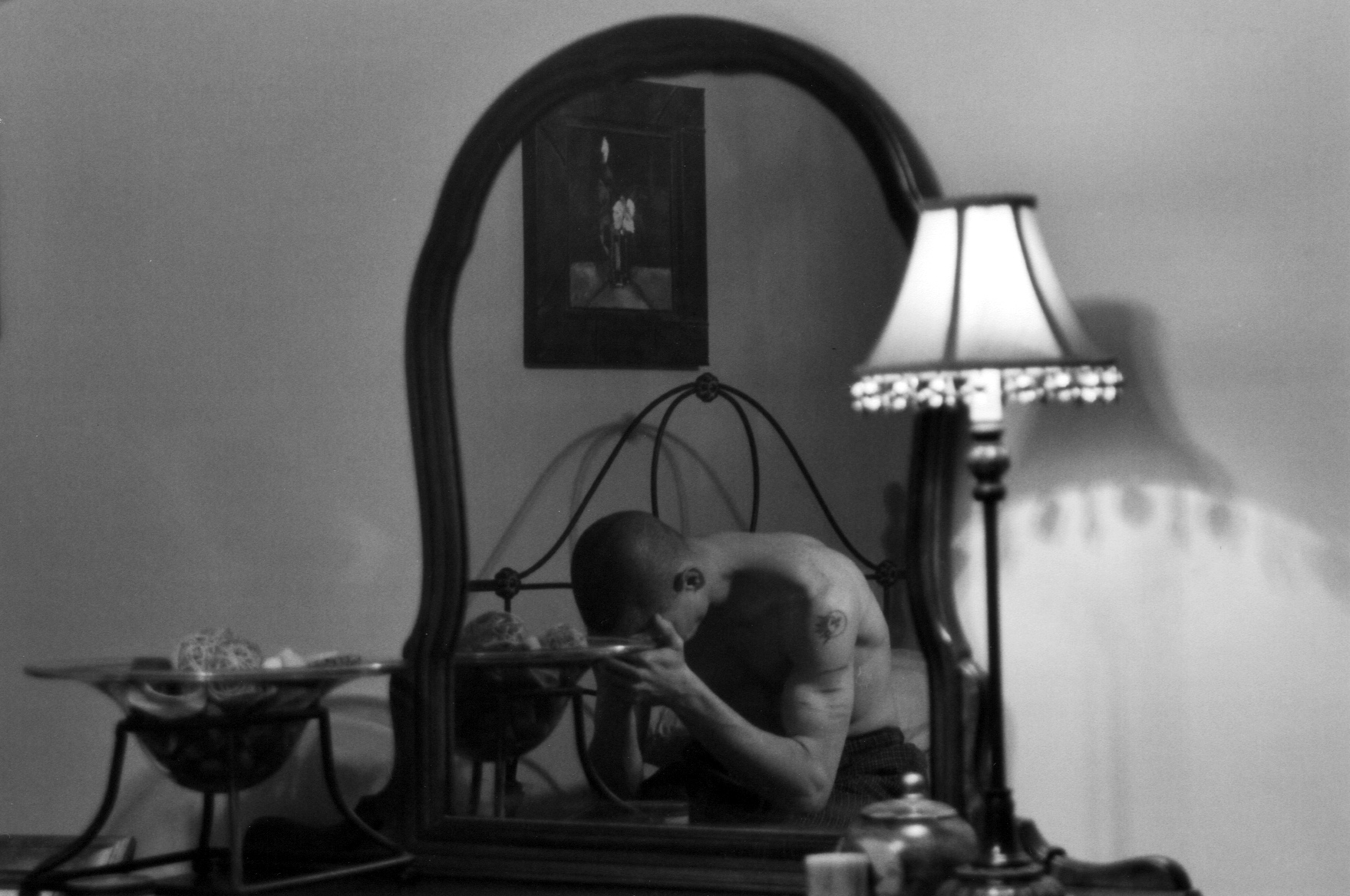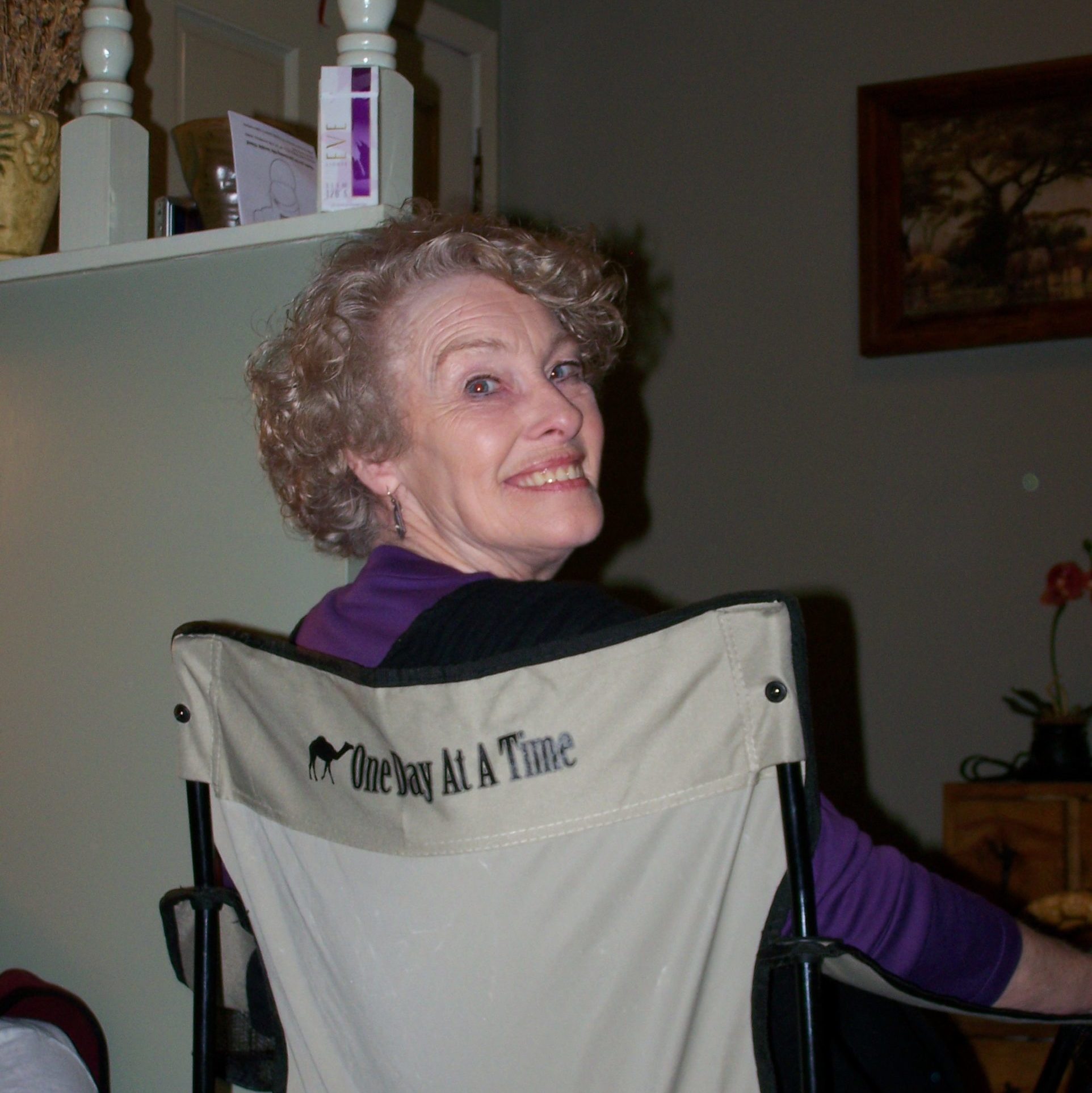
CW: This a VERY honest account of the racist language, behaviors and ideologies I learned. I struggled with this post, because I don’t want to re-traumatize anyone. That is not my intent. I have gone back and forth for over a week now on whether or not the post was useful or doing harm. But, I felt is was important to talk about many of the things that the white community doesn’t talk about. I think it’s important to shine a light on the social programming of racism. We are only as sick as our secrets.
I’m taking a break from Trans-centered writing this week in order to do something I think is important. First, let me say that this is not a stunt or an attempt at centering myself. This is an honest, true, and incredibly incomplete list of things I learned throughout my childhood from family, friends, church, and my community. I have tried to be brutally honest. I suspect every white person will identify with many of these experiences.
This post was largely inspired by an Instagram post from someone I follow. A black woman of trans experience who’s honesty and courage I respect profoundly. Her post was simple: Name A Positive Stereotype About Black People. I couldn’t think of one. I could think of societal contributions, but not a stereotype. To say this touched me deeply is an understatement.
I wrote this for myself and for other white people who are struggling with understanding the nuanced subconscious ways in which we have been programmed toward race biasses, behaviors, and thoughts. Who don’t think they have racial biases. Who get defensive the moment racism is brought up. Admission is the first step to change. Because I was taught these things does not make me a bad person. Pretending they don’t exist and doing nothing about them would.
Even as a child, I inherently knew what was happening around me was wrong. I immersed myself in thoughts and ideas (literature, art, music) in my teens that countered these messages. But, to pat myself on the back and think that this had no effect on me is laughable. And, yet, there was a time in my life where I would have professed, “I’m not racist.” However, the truth is more complicated than that. Racism doesn’t mean actively holding negative thoughts about people; it can be the passive racism that has stuck with me. Programming is hard to undo. This has taken me decades to unpack, confront, and find some growth. I still have a long way to go and don’t feign that I will ever rid myself of all these race-based messages. I grew up in the Deep South, but I don’t think my experience is especially unique because of my geography; perhaps certain aspects or specific experiences.
Lately I hear:
“How do I talk to my kids about racism?” “My kids are too young to learn about racism.” “My kids are too young to be at a BLM rally.” “I don’t want my kids to grow up too fast.”
To this I say, here’s a list of things I learned growing up in my community and family going back as far as I can remember. So, kids are already learning about race.
*see notes at bottom
- black people are gross and unclean
- black people smell bad
- black hair is gross
- black hair is oily
- black hair smells bad
- black people are lazy
- black people are dangerous
- black people are unintelligent
- black people are opportunists
- black people want everything handed to them
- black people are better when they’re quiet or dead
- there are “some good blacks”
- if someone in my family brought home a black girl, they’d bury her under the house.
- good black people know their place
- black homes are filthy and disgusting
- black people live in squalor and they don’t care
- black men will beat you up for no reason
- black people’s skin is gross
- all black people are poor
- it’s black people’s fault that they’re poor
- black people like watermelon and fried chicken and this is funny
- black men sell drugs
- black men rape white women
- black people are jesters; made for entertainment
- black people are like children
- always be skeptical of black people
- always roll up your windows if you’re in an areas that is mostly black
- you should have a gun ready inside the car door if you stop to help a black person broken down on the side of the road
- black people don’t belong in white churches
- black people don’t belong in white neighborhoods
- you should not have black friends
- the black friends you have will cause awkwardness when they come over to your house
- if you really want to insult someone you imply that they are part black (happened a lot to me due to my kinky, curly hair)
- if you really want to insult someone you call them a “nigger lover”
- black people are wild creatures that can’t be trusted to control themselves
- black people are generally criminals, and so they can’t be trusted
- black people are bad parents
- black people are all on welfare
- black people are always trying to get something for nothing
- black people don’t know how to speak properly
- it’s okay to make fun of how black people speak, especially if want a good laugh
- jokes about black people are okay and preferred
- it’s unfortunate that slavery ended
- blues music is good
- gospel music is good
- rap music is bad
- black people are all athletic
- most black people are uppity
- young black men are in gangs
- you talk to a “good black” like they are children
- black people are “they” or “them” as a group
- helping black people is good if you let them mow your yard or do other odd jobs
- all things are about race at some point
- black people being hung is okay and a can be talked about openly
- wanting black people dead is normal
- black people mess everything up; this is why you don’t want them in your schools or neighborhoods
- if black people just kept to themselves that would an acceptable existence
- whenever you want to emphasis a point about how bad the world or a behavior is you associate it with being black
Later in Life:
- all white people dislike black people, so you have to talk about it behind closed doors
- challenging anyone about race is almost unforgivable; it is anti family, anti south, and traitorous
- it would be better if we put all black people on an island and nuked the island
after Michael Brown: St. Louis should’ve lined up all the black people protesting and mowed them down with automatic weapons - silence on anti-racist views is required
None of this is fabricated. These are the things I saw, heard, and was actively taught. This is sickening and unacceptable. We need to do better. Period.
*I’d like to say in memory of my mother that I’m pretty sure she’s the primary reason I made it to where I am today. While she certainly had a lot to learn, it was clear that she wanted to be better and was uncomfortable.
*please know that the term “black” was rarely used. I don’t think I need to provide a list, but there were many. We all know the list.
#BlackLivesMatter #BlackTransLivesMatter

